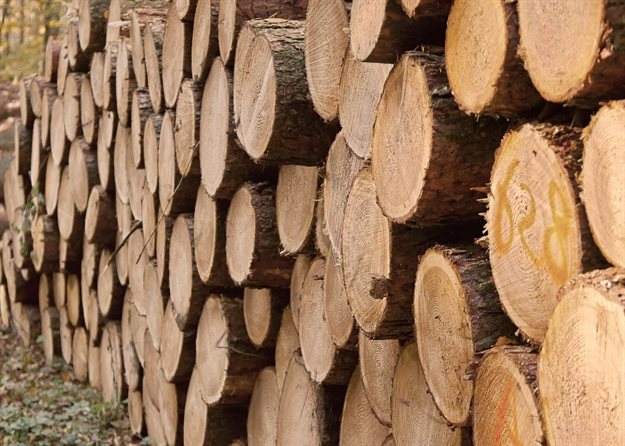
Top stories






More news


Marketing & Media
Ads are coming to AI. Does that really have to be such a bad thing?














The document is aimed at the commercial forestry and timber sector as a whole – from large corporate growers to small-scale growers, with the latest revision including a new chapter on climate change, greenhouse gas emissions and carbon tax as well as the latest international principles on ethical wildlife control.
Michael Peter, FSA executive director, explains why the sector requires such guidelines: “All industries that use or depend on natural resources impact the environment to some extent and the forestry industry is no different. Responsible industries should seek to mitigate the effects or impacts of our decisions, activities, products and services on the environment.”
The guidelines provide information on the certification schemes available to local growers following on from the South African Forestry Assurance Scheme’s endorsement by the global Programme for the Endorsement of Forest Certification in 2018.
These self-governing guidelines were drawn up in 2017 and are updated annually in line with environmental best management practice, South African legislation and certification scheme requirements.
The guidelines also seek to help timber growers to:
Among the topics covered are: protecting conservation areas, managing fire risk, pest management; damage-causing animals, alien and invasive species and the environmental aspects of silviculture (farming of trees), harvesting, roads and housing and non-timber forest products.
The latter entails the correct integration of non-timber activities for improved financial, social and environmental benefit. These could include the incorporation of public cycling and running trails, mushroom collecting and honey harvesting in plantation areas.
The South African forestry industry is committed to ensuring that the establishment and management of timber plantations takes place in the most socio-economically and environmentally responsible way.
Peter says, “Our natural resources must be managed in a manner that will ensure the sustainability of the forestry enterprise and the biodiverse ecosystems around it while the people on whom the industry depends are able to work safely and under acceptable conditions.”
Download the FSA’s Environmental Guidelines here.